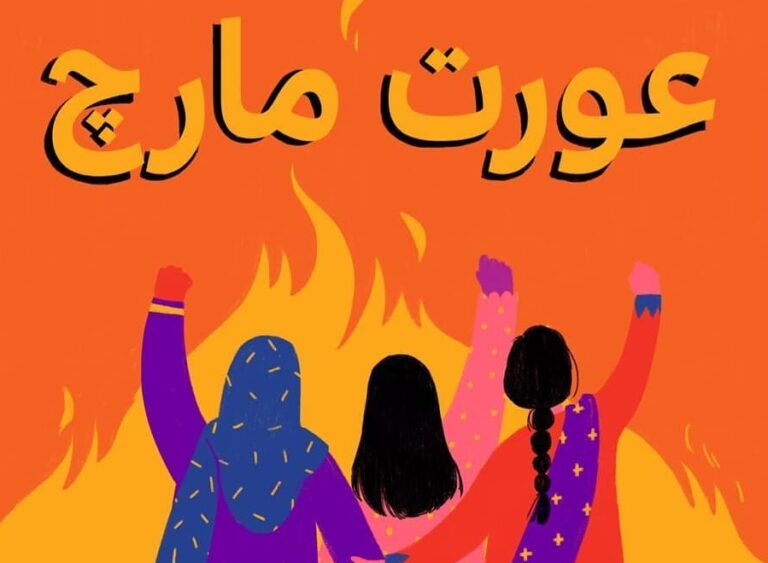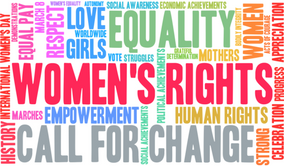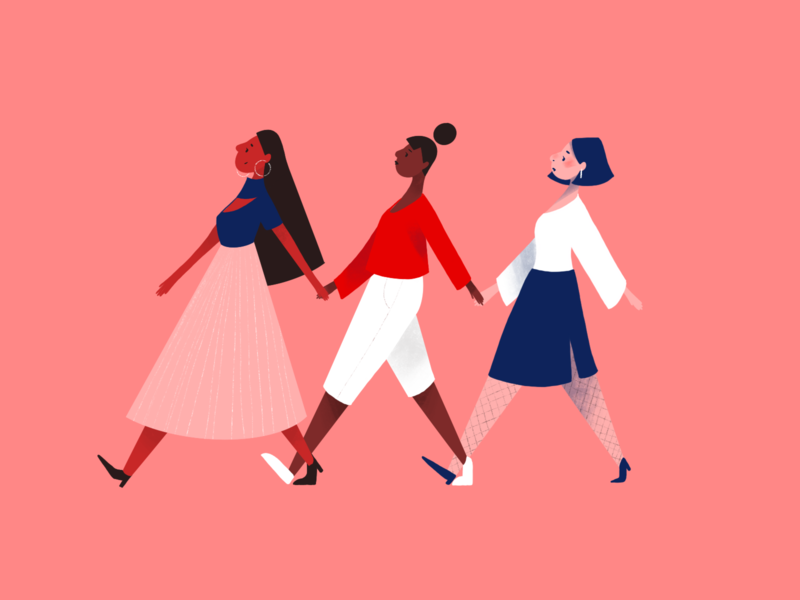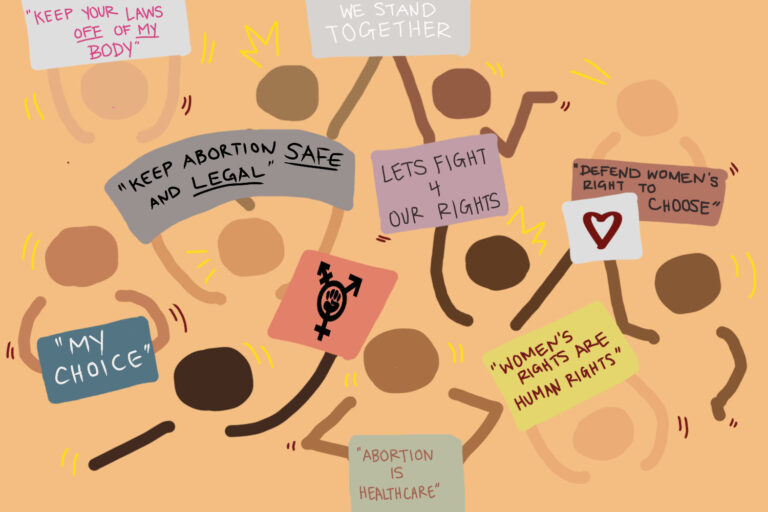Auratain March Kyun Kar Rahi Hain?
By Asfa Shakeel

Aurat March first started few years ago when some women groups decided to walk the streets on International Women’s Day, which is March 8. The March is under the banner of Hum Auratain, which is women supporting other women, gender and sexual minorities, transgender women and nonbinary individuals who want to resist against the patriarchy. In 2019, the event attracted huge numbers of diverse people in Lahore, Islamabad, Karachi, Quetta and Peshawar. This year is set to be even larger. With this increased attention comes confusion from a lot of critics: auratoun ko march karne ki kya zaroorat hai? Unn ko kis cheez ka ghussa hai? Wo itnay provocative slogans kyun istemaal karti hain?
Here are some of the reasons why Aurat March is a fixture in the schedule of Pakistani feminists:
A. Gives attention to a diverse range of issues

Women in Pakistan have been fighting to bring attention to a number of issues that impact them disproportionately: domestic violence, harassment, sexual abuse, structural barriers against education and employment, underage marriages, lack of social mobility and lack of public visibility to name a few. While the women working on these issues separately have done some truly commendable work and have made major strides towards change, an additional public platform is always desirable.
Aurat March is therefore an excellent opportunity to bring forward such issues, not just to men and society at large but even to other women and participants who might not have known about these networks.

B. A community of women come together
Coming together and fighting jointly for a common cause is one of the most vital ingredients for any kind of change. We can do exponentially more together than we can apart, but the media culture of divisiveness and unnecessary competition sometimes seeps in and we forget that most women are fighting the same larger fight. A platform like Aurat March is an amazing platform under which to unite and celebrate being woman and to forget about the minute differences that might separate us.
C. Starts a conversation about issues
Conversations about the more difficult experiences women have in Pakistani society are not easy to have. It’s not easy to tell families or friends or wider social circles about uncomfortable or distressing experiences. Women often feel alone and misunderstood in such situations and their families often keep them silent because of log kya kahendgay. Platforms like Aurat March bring to light the fact that most women have been through situations similar to each other. It opens up conversations not only between men and women but also among women themselves. Conversation is one of the most valuable tools when it comes to finding empathy and community. These conversations help women know they are not alone and help families to understand that logoun nay tou Malala aur Benazir jaison ko bhi nahi chora, logoun ki baatoun mein kya rakha hai?

Women can reclaim public spaces
Right when we hit age 10 years of age, public spaces become inaccessible to us. It’s no wonder that right around that age, girls retreat into themselves. Our lives suddenly become governed by No’s: No, you can’t go outside dark or play in the street or go out every day or walk to the market, etc. We’re left trying to find spaces to exist in among all the restrictions placed on what is accessible to us. For anything we want from outside the four walls of our house, we have to wait on male counterparts. But WHY? Aurat March is a wonderfully powerful way of reclaiming that public space that’s stolen from you at a young age. Go out on the streets and walk them without fear! For once, it’s women and allies on the road. You don’t have to keep your head down or your presence invisible. Be loud and proud and in charge!

E. Puts pressure on the government to recognize women’s issues
Pakistani feminist activists such as Sabeen Mahmud, Asma Jehangir, Malala Yousafzai and Sharmeen Obaid Chinnoy (to name very few) have been fighting for decades to change some of the more disadvantageous and harmful laws in this country. They have made major strides, such as bringing attention to issues of girl’s education, freedom of speech, harassment in the workplace and the prevalence of acid attacks in this country. However, there is still so much work to do. We do not have proper laws about underage marriage, divorce continues to be a huge taboo for women, domestic violence rates are some of the highest in the world and girls education is still considered an unnecessary investment in most families. While sole activists will continue to work tirelessly to change these laws and cultures, the pressure a huge group of women can put on the government is powerful. When we collectivize, we’re showing that we all want the same change, meaning 50 percent of Pakistan’s population demands the same changes from it’s elected representatives. That’s powerful! Our votes are powerful and therefore our dissent is powerful.

